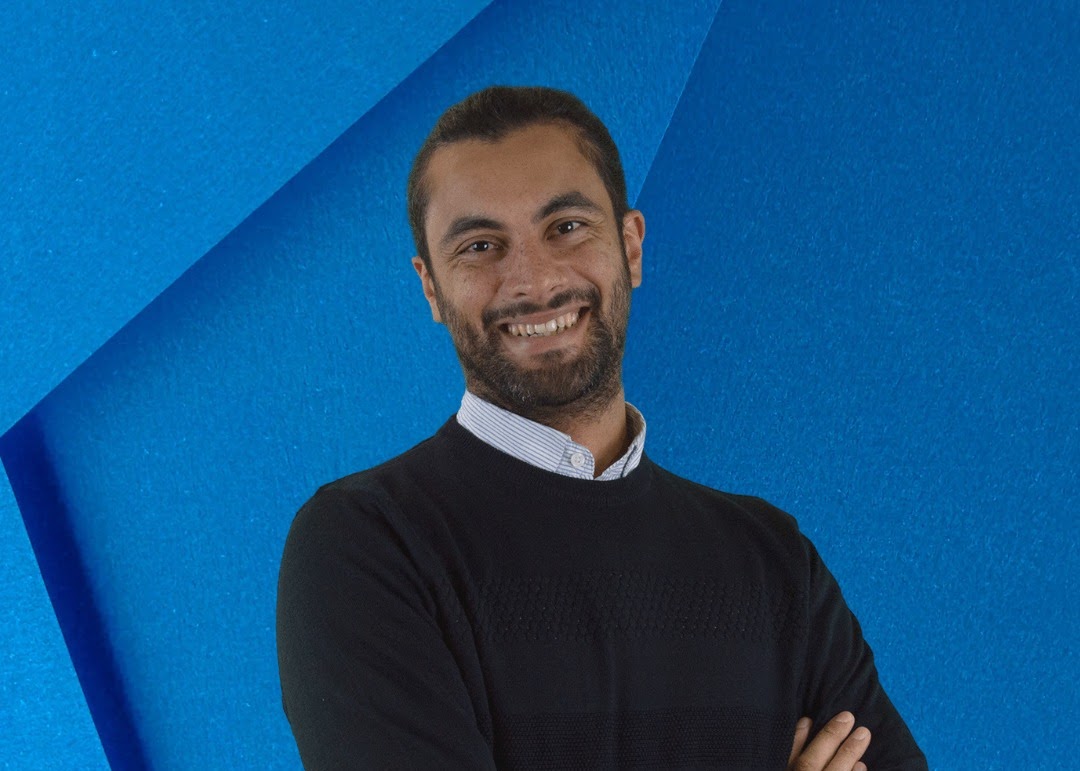Organizers

Francesco Vigni is a licensed information engineer and PhD student funded by the EU project PERSEO and part of the PriscaLab based at University of Naples Federico II in Naples, Italy. He is also affiliated with the Interdepartmental Center for Advances in Robotic Surgery (ICAROS) and enrolled in the graduate school Information and Communication Technology for Health (ICTH) of the same university. He received his M.Sc in computer and automation engineering with honors at University of Siena in Italy. Currently, his work focuses on designing, developing, and testing metrics for social HRI that are inspired by the natural bidirectional communication that commonly happens among humans. This strategy can improve natural encounters between robots and humans that spontaneously join an interaction.

Antonio is a Postdoctoral Researcher at the Artificial Intelligence Research Institute (IIIA) working in the Value-Aware Artificial Intelligence(VALWAI) project that aims at developing AI systems that are able to understand and act by a value system and explain their own behaviour or understand the behaviour of others in terms of a value system. He was a Research Scientist at Pal Robotics awarded with a Marie Skłodowska-Curie cofund fellowship in the H2020 project PRO-CARED (no.801342) which aimed at designing social robots with proactive personalised behaviour during long-lasting interactions (2022-2024). He received his PhD with a thesis entitled “Personalising robot assistance for cognitive training therapy” from the Institut de Robòtica i Informàtica Industrial (IRII) under the supervision of Dr. Guillem Alenyà and Prof. Carme Torras (2017-2022). He was an Early Stage Researcher in the Marie Skłodowska-Curie Innovative Training Network (ITN) project called SOCRATES, which focused on Quality of Interaction in Eldercare. His main research interests are in the areas of human-robot interaction (HRI) and human-centered design technologies. His work focuses on designing, developing, and evaluating interactive social systems that can be personalised and that can adapt to their users over short-term and long-term interactions, based on individual’s unique needs and goals.

Alyssa Kubota is an Assistant Professor in the College of Engineering at San Francisco State University, and director of the Personalized Health and Assistive Technologies (PHAST) Lab. Her research focuses on enabling technological systems to intelligently, autonomously, and longitudinally interact with people in real-world environments. Her work combines human-centric artificial intelligence and participatory design approaches to develop robotic technologies to support and empower people in their everyday lives. Her work has been recognized at premier robotics venues, including the flagship ACM/IEEE International Conference on Human Robot Interaction (HRI) and the ACM Conference on Computer-Supported Cooperative Work (CSCW), where she received two Best Paper Award Honorable Mentions. She also received the Doctoral Award for Excellence in Research, and an Exceptional Teaching Assistant Award from the University of California San Diego.

Andrea Rezzani (she/her) is a cognitive psychologist and PhD student at the Free University of Bozen/Bolzano. Her supervisors are Prof. De Angeli, Free University of Bozen/Bolzano, Dr. Menéndez-Blanco, Free University of Bozen/Bolzano, and Prof. Bushman, The Ohio State University. Her research project aims to investigate robot abuse when users engage in aggressive behaviours against robots, focusing on understanding the role of robots’ design. Andrea has been part of the Organising Committee of the 14th Edition of the Biannual Conference CHItaly’21 as Local Chair.

Jauwairia Nasir is a postdoctoral fellow at the Chair of Human-Centered Artificial Intelligence (HCAI) at University of Augsburg. She did her PhD at the Computer Human Interaction for Learning and Instruction (CHILI) lab at EPFL, Lausanne, Switzerland, in which the Productive Engagement framework was introduced for social robots. During her PhD, she was an EU ITN Horizon 2020 Marie Curie fellow at ANIMATAS. Her research interests broadly include human-machine interaction, social robotics, multimodal behavioral analysis, and machine learning applied in the fields of typical and atypical education and health care. She actively engages in community services as part of conference and workshop organizing committees at venues like HRI, RO-MAN, and HAI; and as a reviewer, PC member, speaker, and a guest editor at various conferences and journal venues. She also serves as the head of initiatives at the WAILabs, part of the global non-profit Women in AI.

Silvia Rossi is Associate Professor in Computer Science and co-head of the PRISCA (Intelligent Robotics and Advanced Cognitive System Projects) lab. She received the M.Sc. degree in Physics from University of Naples Federico II, Italy, in 2001, and the Ph.D. in Information and Communication Technologies from the University of Trento, Italy, in 2006. She is Associate Editor for IEEE Robotics and Automation Letters (RA-L), the International Journal of Social Robotics and for Intelligent Service Robotics journal. She was the general chair of RO-MAN 2020 and RO-MAN 2022, Program Chair of ICSR 2020, Workshop/Tutorial co-Chair of HRI 2019. Prof. Rossi has been involved in several EU and non-EU projects. She is currently principal investigator and coordinator of the MSCA-ITN-2020 PERSEO (European Training Network on Personalized Robotics as Service Oriented applications). Her research interests include Multi-agent Systems, Human-Robot Interaction, Cognitive Architectures and Behavior-based Robotics and User Profiling and Recommender Systems. She published more than 150 papers in international journals, books, and conferences.